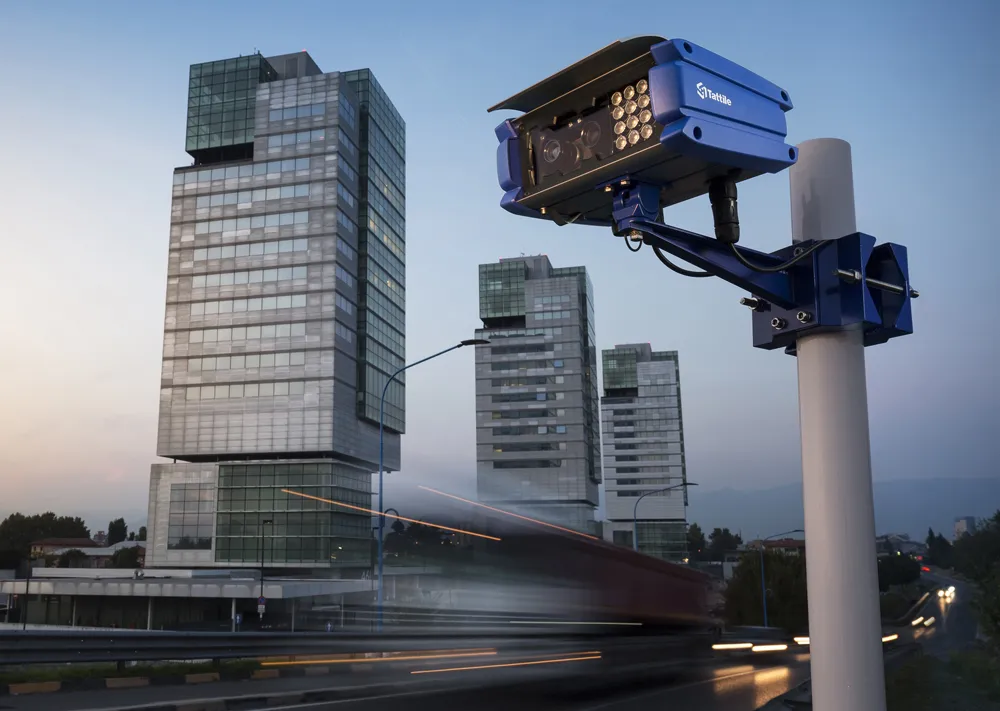Community committees from eight local areas in the UK town of Salford have deployed 3M Driver Feedback Signs (DFS) to gather information on average vehicle speeds and encourage drivers to observe the speed limits. Urban Vision, a partnership with Salford City Council and Capita Symonds to manage the local highways on behalf of the council, has so far installed 50 DFS 700 units.
June 22, 2012
Read time: 2 mins

Community committees from eight local areas in the UK town of Salford have deployed 4080 3M Driver Feedback Signs (DFS) to gather information on average vehicle speeds and encourage drivers to observe the speed limits. 934 Urban Vision, a partnership with Salford City Council and 431 Capita Symonds to manage the local highways on behalf of the council, has so far installed 50 DFS 700 units.
Paul Anderton, of Urban Vision’s Road Casualty Reduction Group: “Most of the units we operate are installed on residential streets but the A6 is one of the busiest trunk roads in the region, so we have seen their value in every situation. We have seen a measurable reduction in speeds, which is consistent with expectations. A particularly successful location is Lancaster Road in Claremont where we have seen a 4mph reduction in mean speeds and average speeds down to within the speed limit. Crucially, we have noticed a 64.7 per cent reduction in vehicles exceeding the speed limit since the DFS units were installed.”
Paul Anderton, of Urban Vision’s Road Casualty Reduction Group: “Most of the units we operate are installed on residential streets but the A6 is one of the busiest trunk roads in the region, so we have seen their value in every situation. We have seen a measurable reduction in speeds, which is consistent with expectations. A particularly successful location is Lancaster Road in Claremont where we have seen a 4mph reduction in mean speeds and average speeds down to within the speed limit. Crucially, we have noticed a 64.7 per cent reduction in vehicles exceeding the speed limit since the DFS units were installed.”










